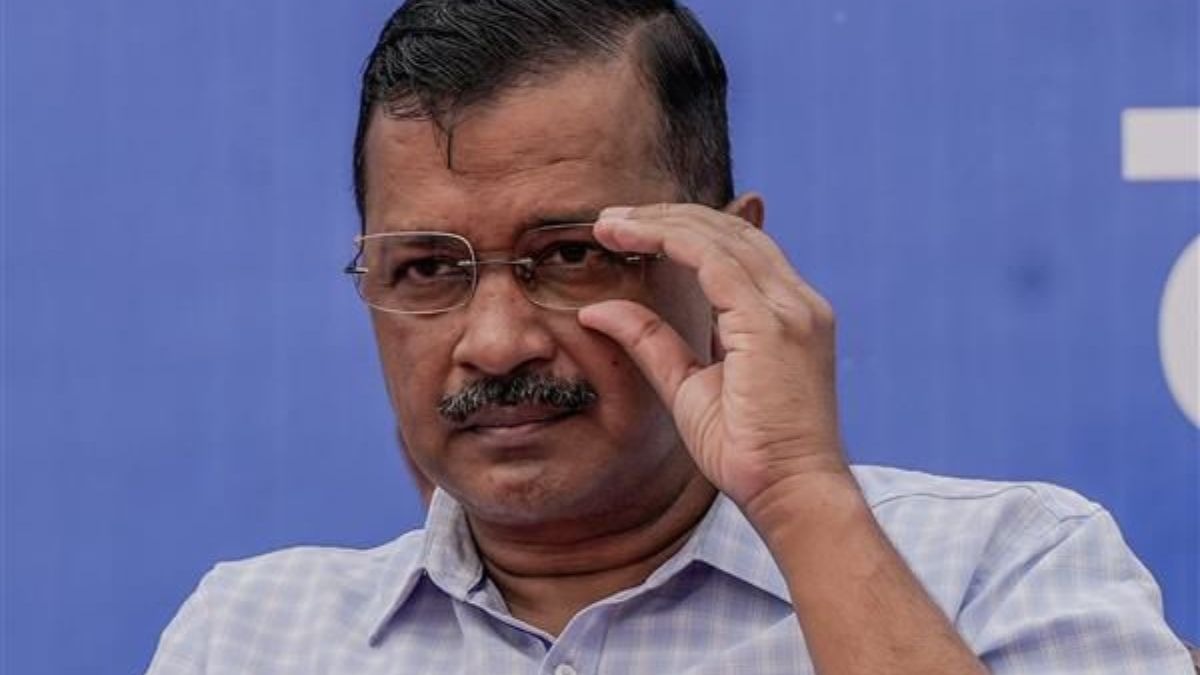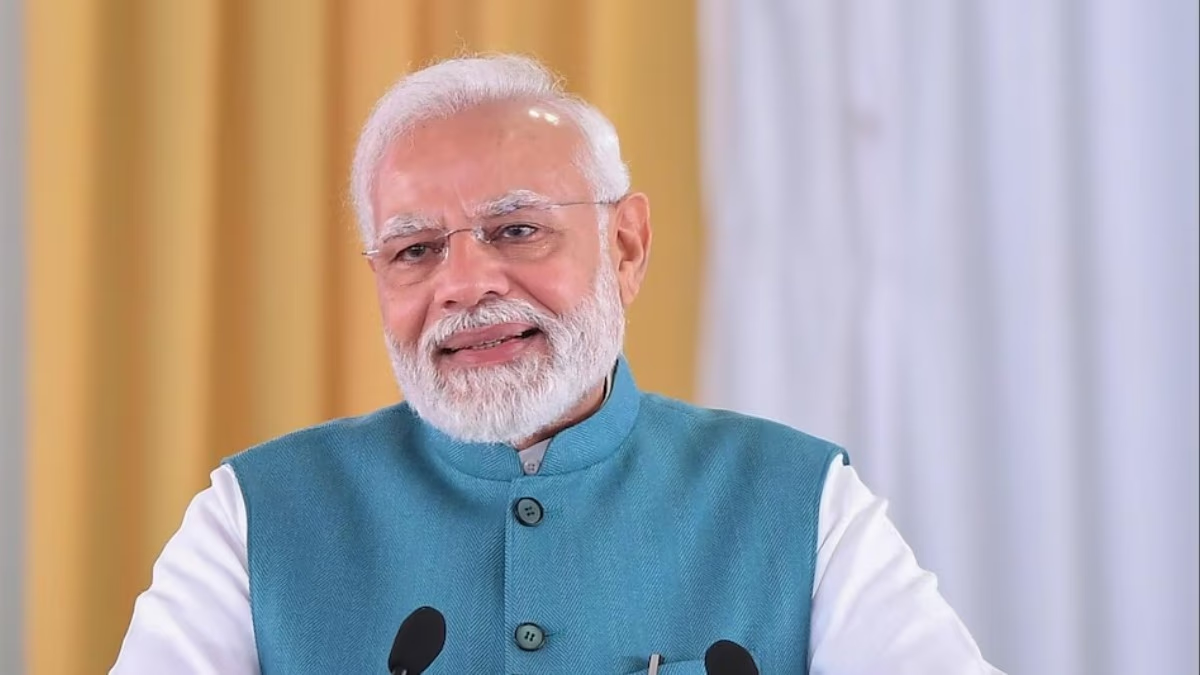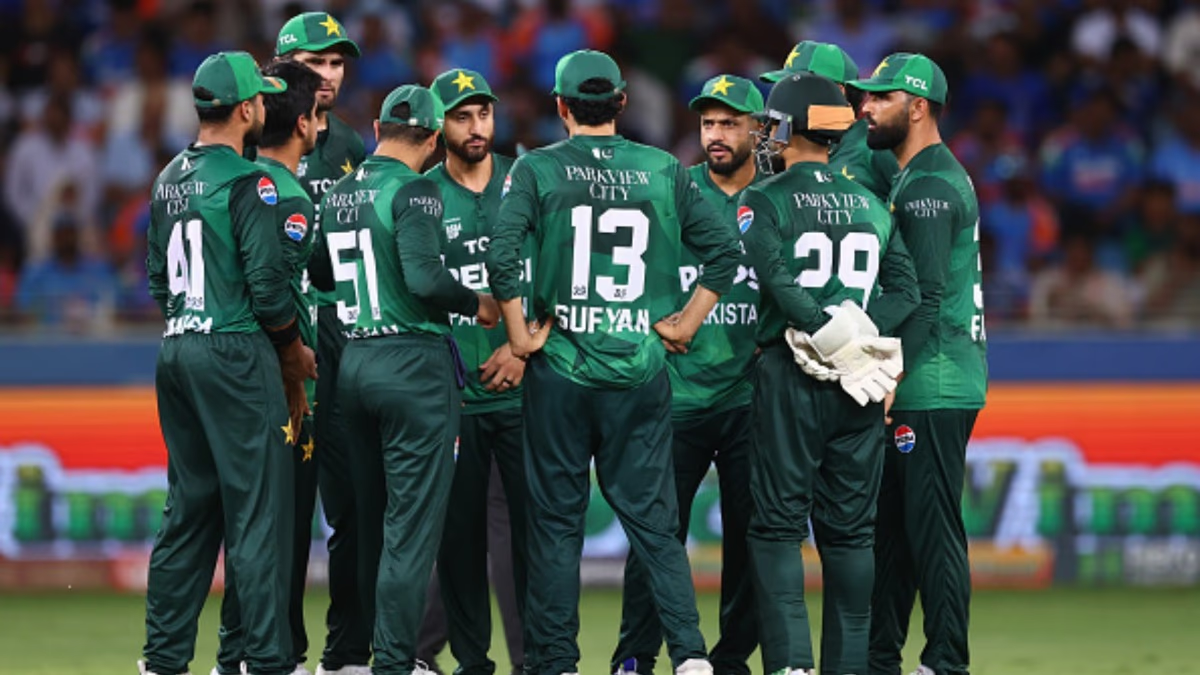The Chief Minister of Delhi, Arvind Kejriwal, has faced a significant setback from the High Court. Overturning the decision of Delhi's Rouse Avenue Court, the High Court has cancelled Kejriwal's bail. Justice Sudhir Kumar Jain's bench at the High Court upheld the stay on the lower court's decision, remarking that the vacation bench of the lower court did not appropriately exercise its discretion during the hearing of the case.
The bench deliberated upon the arguments presented by both parties. They observed that the trial court's remark about not considering the materials presented was incorrect. The High Court noted the Enforcement Directorate's argument that adequate time was not given, stating that it necessitated proper consideration. The vacation judge (of the trial court) had not considered the twin conditions under PMLA Section 45.
'The interim bail was for election purposes...'
The vacation bench did not contemplate Satyendra Kumar Jain's decision. During today's hearing, the High Court's bench stated that the trial court should not have reached a conclusion that contradicts the findings of the higher judiciary. The interim bail was granted solely for the specific purpose of election campaigning.
The trial court did not apply its discretion
The High Court cited that once their petition challenging the arrest was dismissed by the High Court, it couldn't be claimed that there was an infringement of personal liberty due to violation of the law. The Delhi High Court remarked that ASG Raju raised the issue that the lower court had stated it was impossible to read so many documents. Regarding this, the Delhi High Court commented such a remark was inappropriate, indicating that the trial court failed to focus on the records. The High Court believes that the trial court did not exercise its discretion nor adequately considered the materials.
ED's stance on the lower court's decision?
It is noteworthy that when Kejriwal was granted bail by the Rouse Avenue Court, the ED had approached the High Court against this decision, and the High Court had then imposed a stay on the bail. Meanwhile, AAP had also turned to the Supreme Court. The SC had then said that there would be no hearing on this matter until it was under the consideration of the HC.
Let us remind you that ED had contended in the High Court that the lower court's order granting bail to Kejriwal was unilateral, erroneous, and based on irrelevant facts. Lower court did not consider the facts at all. There can be no better case for cancellation of bail.
ED, in their SLP, stated that releasing Kejriwal, who is in an important position as Chief Minister, would impact the investigation since it's a critical stage of the probe.
Kejriwal first received bail on May 10
Arvind Kejriwal was granted interim bail by the Supreme Court on May 10. The Supreme Court had ordered his release on interim bail until June 1st to enable him to campaign in the elections. Following this, he had surrendered on June 2nd.
Previously, the Delhi High Court had dismissed his petition challenging the arrest. Subsequently, Kejriwal had approached the Supreme Court. Kejriwal was arrested by the ED on March 21st in connection with a purported liquor scam in Delhi.
In response to today's High Court decision, AAP expressed disagreement with the verdict, declaring their intention to challenge this order in the Supreme Court. The imposition of such a stay on bail cannot be justified; the Supreme Court has also acknowledged this yesterday.




